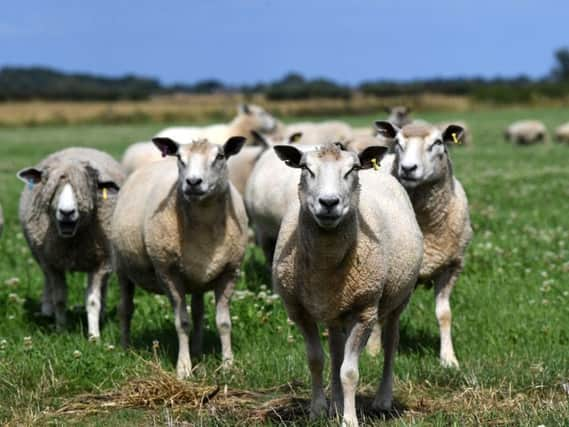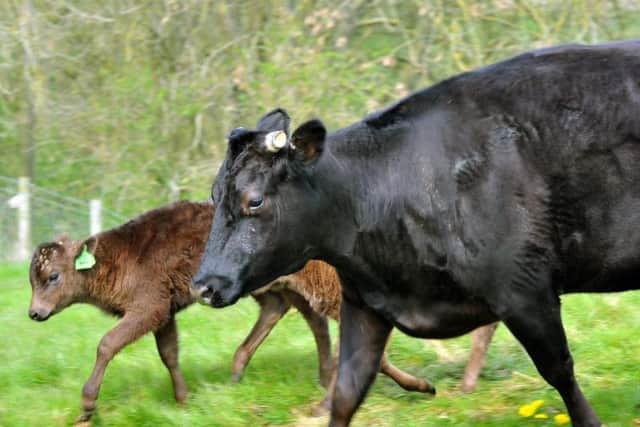Livestock movement rules cause 'unnecessary harm' to farms, new study suggests
This article contains affiliate links. We may earn a small commission on items purchased through this article, but that does not affect our editorial judgement.


Movement restrictions on a more localised scale can bring most of the benefits of farther-ranging bans but less of the financial strain, researchers from Warwick University said.
Advertisement
Hide AdAdvertisement
Hide AdTheir study examined thee national outbreak of Foot and Mouth disease in 2001 and when bluetongue virus shut down livestock movements in eastern England in 2007.


It concludes that government policy of national movement bans when Foot and Mouth is detected, and large-radius bans for bluetongue, “may cause unnecessary harm”, when a more local ban could be just as effective in tackling the spread of disease and would limit economic damage.
In cases of bovine tuberculosis, the economic cost of a movement ban was found to be greater than epidemiological benefits, but if tests are sufficiently cheap a local testing program around infected farms could be economically viable in the long-term.
Advertisement
Hide AdAdvertisement
Hide AdLead researcher Dr Mike Tildesley, of Warwick University’s Zeeman Institute for Systems Biology and Infectious Disease Epidemiology Research, said: “Movement controls need to be carefully matched to both the epidemiological and economic consequences of the disease, and optimal movement bans are often far shorter than existing policy.”
Movement bans of 15km to 60km are most suitable for Foot and Mouth disease, he said, while for bluetongue virus the “optimal policy” is to allow all movements.
“Adopting these optimal movement bans could lead to vast savings compared to more stringent policies.
"We fully recognise the need for the government to rapidly contain novel outbreaks in the face of uncertainty, but our work suggests that optimal movement bans should be enacted as soon as possible," Dr Tildesley said.
Advertisement
Hide AdAdvertisement
Hide AdA spokeswoman for the Department for Environment, Food and Rural Affairs, said: “The UK enjoys a hard-won international reputation for biosecurity, and our standards are second to none. Our strict animal disease control strategies are central to this.
"Restrictions on livestock movements are taken to reduce the risk of the spread of diseases which can have damaging effects on farmers’ livelihoods and income and even affect the UK’s ability to trade in certain products.”